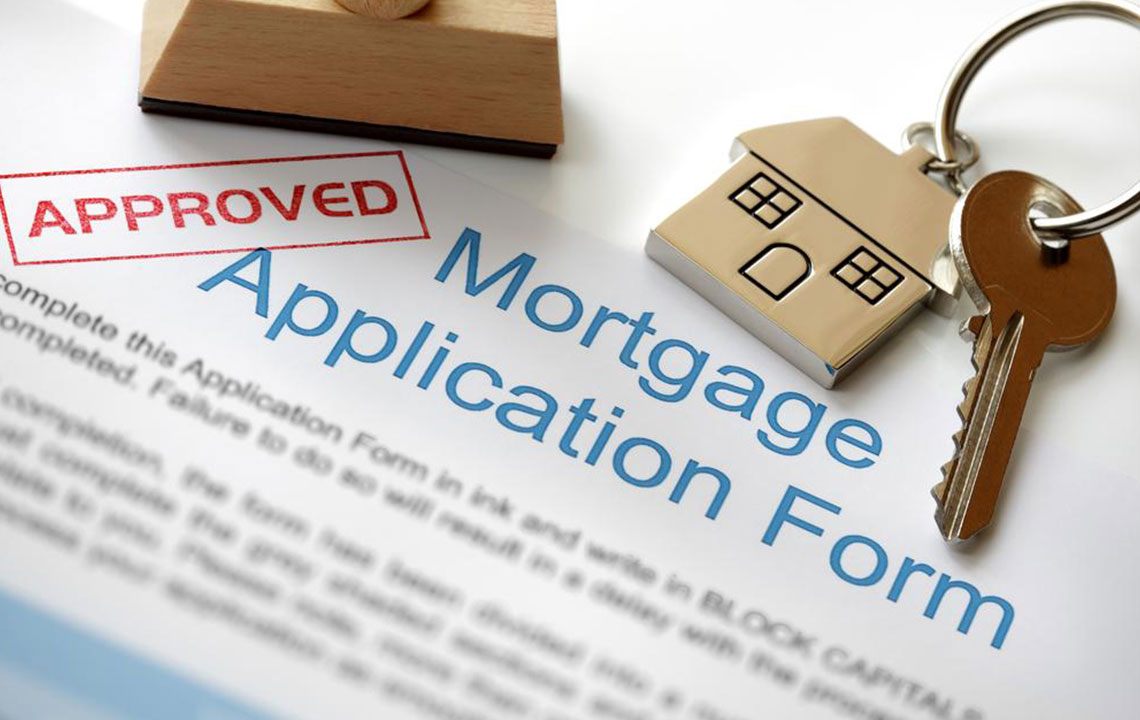Navigating the FHA Home Loan Application Process
Discover how to apply for an FHA loan with this comprehensive guide. Learn about eligibility, credit requirements, property standards, and mortgage insurance, making homeownership more accessible for low- and moderate-income buyers with flexible financing options and lower down payments.
Navigating the FHA Home Loan Application Process
Owning a home is a significant goal for many, but large down payments can be a barrier. Typically, traditional lenders ask for up to 20% of the property's price upfront, which isn't affordable for many. FHA loans offer an accessible alternative, providing flexible financing options that help more people realize homeownership dreams.
Understanding FHA Loans
Designed to assist low- to moderate-income families, FHA loans are insured by the Federal Housing Administration and issued through approved lenders, making home buying more attainable.

FHA loans require lower initial payments compared to conventional mortgages. They also have more flexible credit score requirements, making them suitable for applicants with less-than-perfect credit. While insured by the FHA, these loans are processed and serviced by approved lenders, who are protected against losses if borrowers default. This arrangement enables lenders to extend loans to borrowers with limited savings.
Minimum Credit Score for FHA Eligibility
As of 2022, the minimum credit score for an FHA loan is 500. Applicants with scores between 500 and 579 must pay a 10% down payment, whereas those with scores of 580 or above can qualify for a lower 3.5% down payment. Higher credit scores not only increase benefits but also reduce upfront costs. Lenders, however, can set stricter standards beyond FHA guidelines.
Other FHA Loan Qualifications
In addition to credit scores, applicants must satisfy other important conditions, including debt-to-income ratios, property standards, and loan limits.
Debt-to-Income Ratios
FHA considers both front-end and back-end DTI ratios. The front-end ratio, representing mortgage payments compared to income, should ideally stay below 31%. The back-end ratio, which includes all debts, should generally be under 43%. Lenders may adjust these ratios based on individual circumstances.
Property Requirements
The property must serve as the primary residence. Eligible properties include single-family homes, multi-family units up to four units, or manufactured homes on a permanent foundation. Buyers are expected to move in within 60 days after closing.
Loan Limits
Maximum loan amounts vary by location and property type. In 2022, limits are set at $420,680 for most single-family homes, and up to $970,800 in high-cost areas. Borrowers cannot exceed these limits.
FHA Mortgage Insurance
FHA loans require mortgage insurance premiums (MIP) paid by the borrower, including an upfront fee of 1.75% of the loan amount at closing and monthly premiums based on loan specifics. This insurance reduces lenders' risk, making financing accessible for borrowers with lower credit scores or savings.
Overall, FHA loans have more lenient requirements compared to conventional options, especially for buyers with limited income or credit challenges. Their lower down payments and flexible standards make homeownership more achievable for many.


